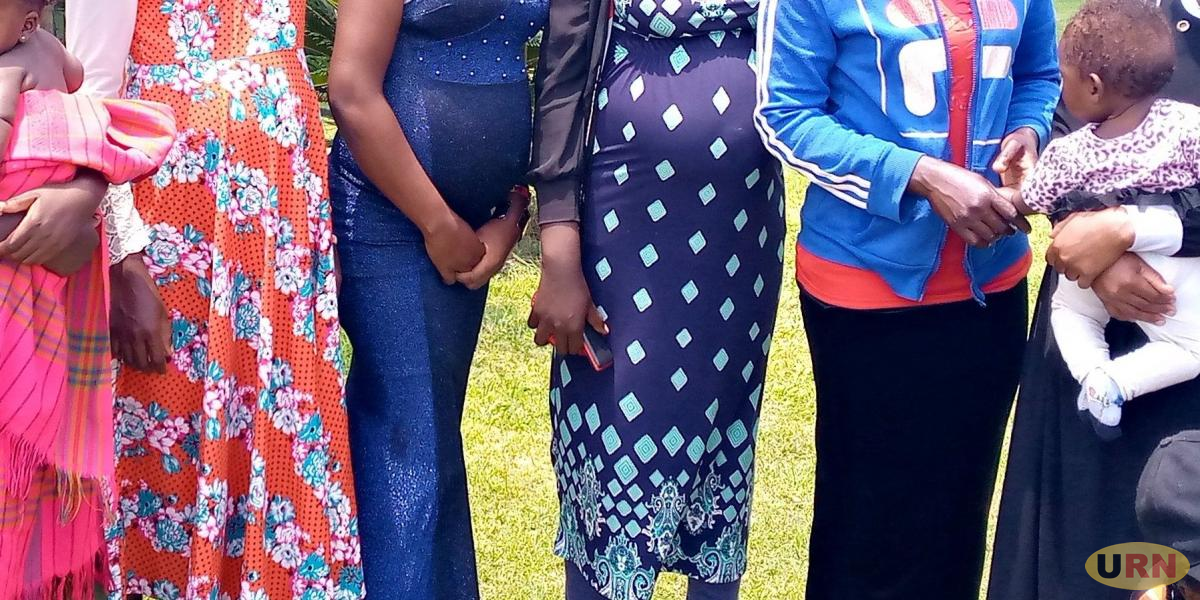Parents and educationists in Rwenzori region want the government to reconsider disseminating Sexual and Reproductive Health-SRH messages through schools as they re-open this month. They also want the government to extend sexual and reproductive health services to sexually active learners in schools.
The National Sexuality Education Framework was developed in response to the urgent need for a National Policy Framework on Sexuality Education and Development and dissemination of related materials but it was banned in 2016. It was deemed unessential for learners.
The ban has been fuelled by a lack of information but also because Ugandans don’t come from a background of ‘rights-based’ living. Sex education started being taught in primary and secondary schools in 2001 when Uganda was preaching abstinence-only. It was an official program of President Museveni under the Presidential Initiative on AIDS Strategy for Communication to Youth (PIASCY).
Now parents argue that the absence of information and a comprehensive sex education framework has contributed greatly to unintended pregnancies during the lockdown. Those interviewed by URN say that the government needs to acknowledge that young children have been exposed to sexual relationships during the school closure, arguing that there is a need to urgently provide them with the necessary information in schools to control further endangerments.
Zainabu Asiimwe is the Kasese District probation and social welfare officer. She argues that due to the consequences of early teenage pregnancies and the HIV pandemic, schools must be helped in making attempts to communicate with learners about sexual reproductive health matters. She says that parent-child communication about SRH must also be supported to develop and should be socially be acceptable.
Asiimwe says that whereas parents could be trying to give basic information to their children, they are limited by cultural barriers and a lack of appropriate knowledge. Masika Kulthum, the Assistant Kasese District Education Officer-DEO, says that schools play a fundamental role in young people’s behavior.
She says that due to the lack of sex education in schools, children engage in sex at an early stage of their lives. Kabarole DEO, Patrick Rwakaikara suggests the introduction of sex education and extension of reproductive health services to learners in high classes. He also suggests that nurses from nearby health centers can be offered time in schools to share with learners.
John Muhasa, a parent of two at Standard High School in Kasese town, says that behaviors that young people adopt during adolescence have critical implications for future health and mortality. He thinks if reproductive information is shared with learners, it can help them appreciate the risks of early and unprotected sex and how they can righteously leave.
“I think sex education must be accepted because even when we bury our heads reality is children have been getting this information on TVs and the internet,” Muhasa says. Sarah Bakwata, another parent welcomes an idea to have SRH services in schools but wants it restricted to learners in secondary and higher institutions.
Prudence Tayebwa from Reproductive Health Uganda-RHU, says that sex education is significant in addressing the challenges of modern-day parenting, particularly, children’s susceptibility to sexual abuse. She says many children have fallen victim to sexual abuse in their early years of life and they have not been in a position to speak out because they lack information and confidence.
Sexuality education has been a controversial issue in Uganda over the last few years. In 2016, the Ministry of Gender, Labour, and Social development banned comprehensive sexuality education in schools.
The ban stemmed from the discovery of sexual reproductive health books in more than 100 schools that included “sexual orientation” and a non-negative portrayal of masturbation

